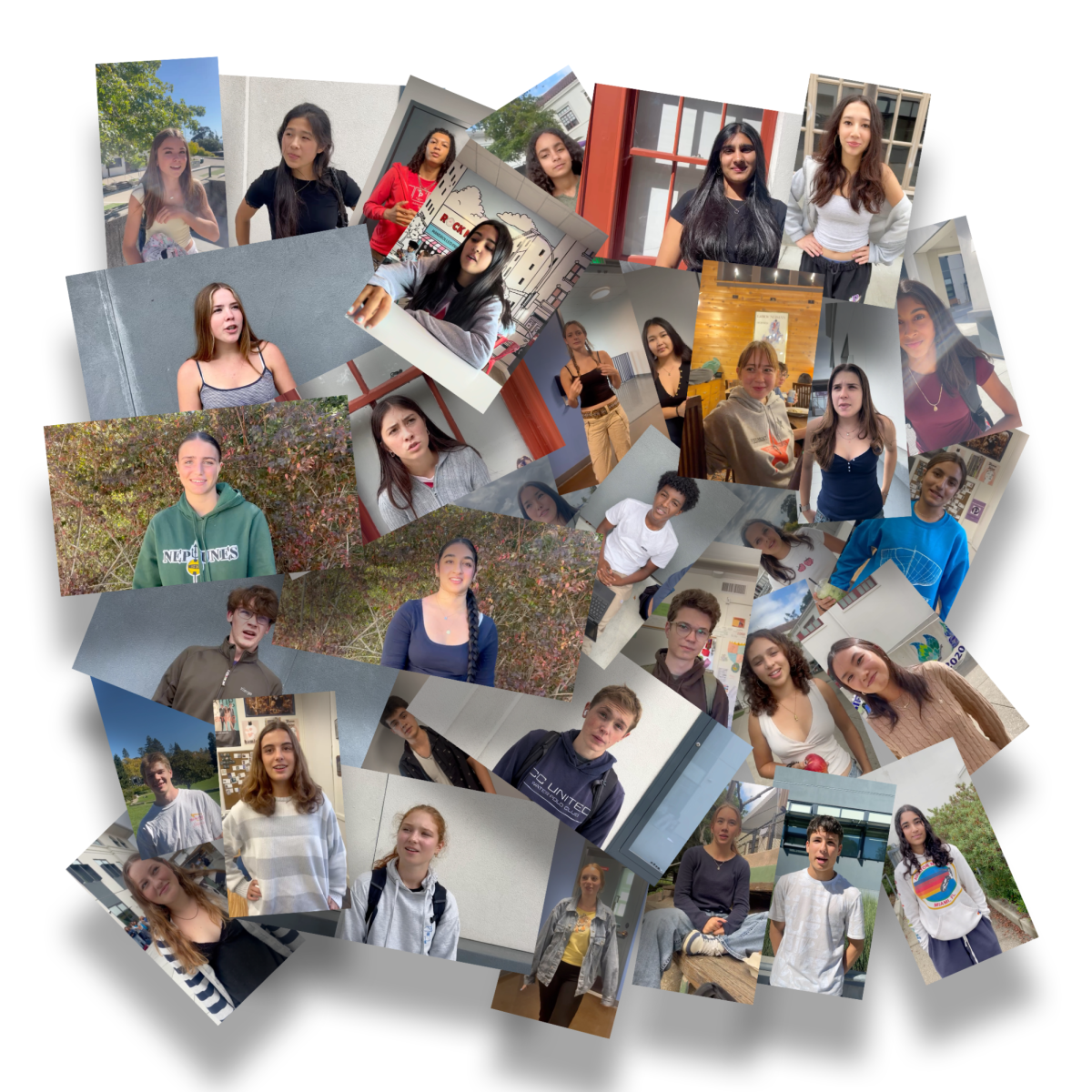As soon as I walked in on the first day of school, one of the first topics was AI. The day was filled with teachers telling us that all our work will be handwritten, our chat logs with AI could be accessed by teachers, and any use of AI had to be checked in with the teacher. With all this focus on students’ use of AI, I feel that there should be just as much attention on teacher’s use of AI. If teachers use AI to create a lesson plan that includes inaccurate information, or grade assignments that feels impersonally or overly harsh, it could cause more harm than a student simply using AI to summarize text or answer questions on an assignment.
Teachers have the same AI tools available as students, yet they are free to use it as they like. Many teachers want to use AI but find it hard to use, inefficient, or morally wrong. English teacher Eduardo Wolbert said he has learned a lot about AI and tries to use it. However when it comes time to use it, it makes mistakes, and does things way differently than he would. Wolbert also found that it produces things that come off as vague or inaccurate. When he first started trying to use AI, he would incorporate it into lessons, but he found it would give unreliable and flawed info. Wolbert has also used it to grade, but felt that it was bad at giving students constructive feedback, and was very critical of the students work.
As AI develops, it could be useful for grading if it can give more constructive and detailed feedback, but there are still potential drawbacks even if AI functions with 100% accuracy.
One problem of AI use is the potential damage to personal relationships between students and teachers. English teacher Hayley Adams said that the process of actually building a lesson plan herself helps her when teaching, and allows her to make the lesson more personal and interesting for students. Having teachers who seem as if they are completely uninterested in what they’re teaching, or reading off a script, immediately makes students disinterested and unengaged, which is detrimental to their learning.
Many teachers want to use AI to save time on grading, making lesson plans, or organizing, but find it difficult to work with, and the results are subpar. In the current state of AI being used for teaching, it is only a shortcut, not a tool for strengthening teaching. The real strength of teachers comes from their ability to connect with students and recognize how each one learns best from feedback– AI takes away these strengths.
Despite teachers being currently against using AI, many are hopeful for the future. Wolbert says AI currently makes too many mistakes, but he sees potential in the future to be able to use it for organizational work and coming up with ideas. Adams is also intrigued by how AI could help her with organizing. As I mentioned previously, one of the biggest challenges of teachers using AI is not letting it affect their relationships with students. If AI reaches a point where it can do things accurately, and is helping students, teachers should be able to use AI.





























